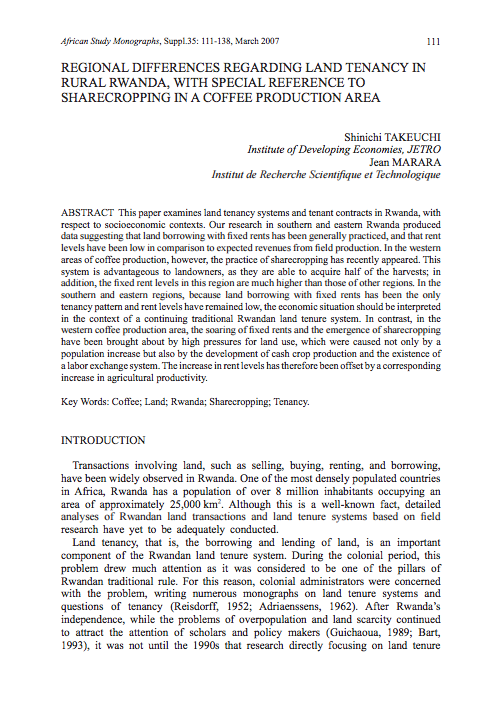Natural Light
Table of Contents: Mangrove Deforestation, Shrimp Farming, and the Survival of the Coastal...
Land Confiscation in Burma: Whose land is it?...
Shwe Gas Pro ect and the Impact on Arakan State...
A Brief History of Rice Agriculture and Chemical Fertilizer Use in Arakan State





